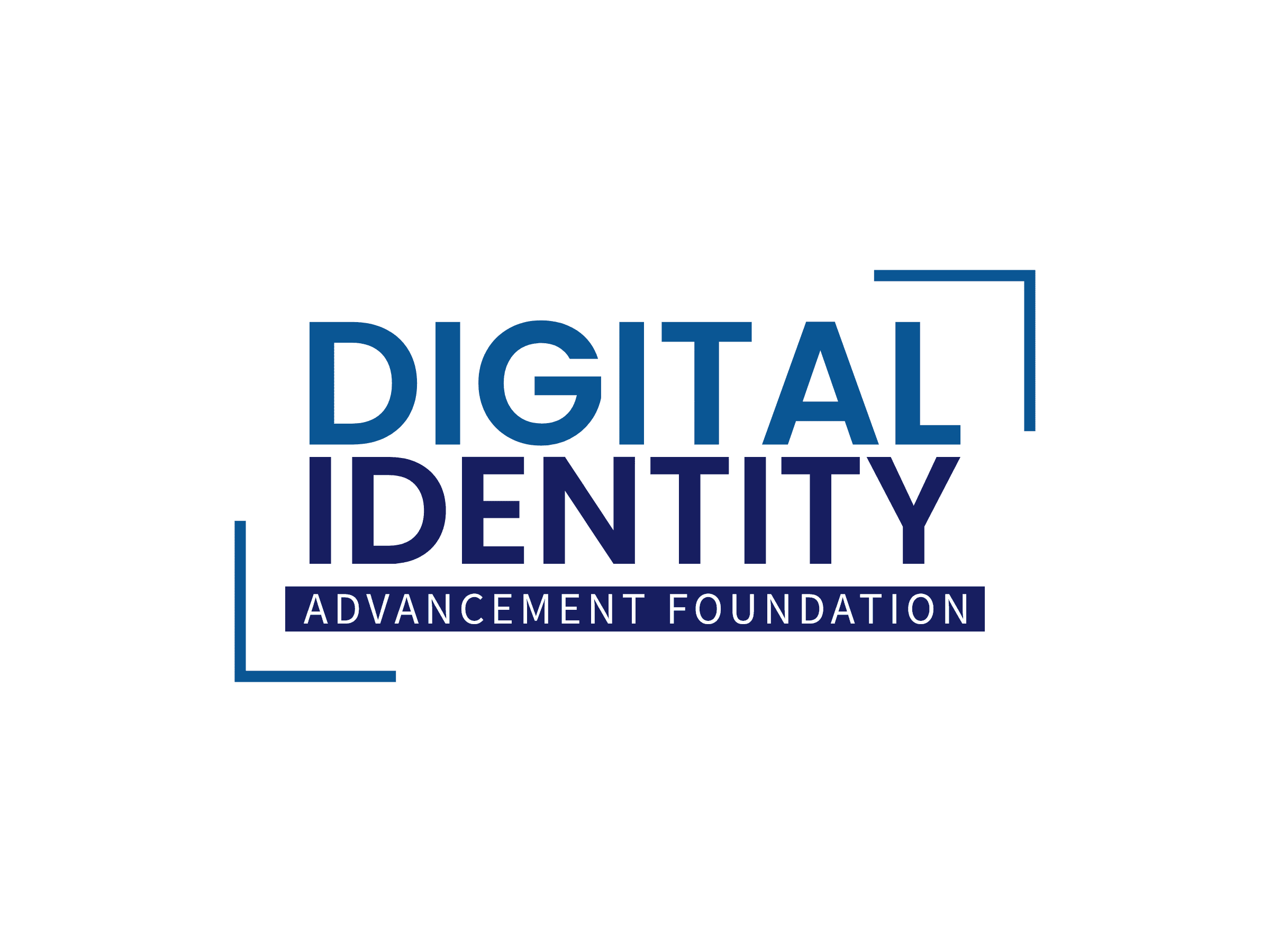
Grace Klutke is a 2024 Kim Cameron Awardee.
DIAF supported her journey to Authenticate this year. We invite you to read more about her perspective on the event and the identity industry below.
Stepping into the Authenticate 2024 Conference, I looked forward to three days of insights on Digital Identity through the lenses of privacy and technology. My experience would quickly become more impactful than I could have ever imagined.
From my first sessions and conversations with attendees, I realized that Digital Identity is not merely a technical or regulatory field: it’s a far-reaching crossroads that connects fast-evolving technology with social equity and justice. This connection to equity and the warm welcome I experienced at Authenticate highlighted my conference experience.
In many ways, this conference emphasized the urgency of designing secure identity systems that provide access and opportunity to all. There are many ways that Digital Identity practitioners are addressing these evolving ethical and logistical challenges. For example, I had the pleasure of speaking with Dean H. Saxe, who is exploring the concept of “Death and the Digital Estate.” What happens to your property after you die is a question we considered in depth
during law school. However, as Dean pointed out, handling one’s “digital estate” is a vital yet often overlooked area of digital identity management. Another issue raised during the conference involved creating identity technology that was accessible to all. In particular, restricted access to identity verification can mean exclusion from essential services for individuals with limited forms of identification. Recognizing the need for forward-thinking solutions in areas like this has motivated me to stay engaged with the latest developments and to consider how legal professionals can help address new ethical and logistical challenges.
This realization has strengthened my resolve to explore how legal frameworks can evolve to support equitable access and protect individual rights within digital Identity.
In addition to discovering the far-reaching impact of Digital Identity, I was also deeply inspired by the field’s dedication to inclusivity and community. In particular, I am very grateful for the exciting opportunity to appear on the Identity at the Center podcast with Jeff Steadman and Jim McDonald as a Kim Cameron Awardee. This opportunity was very inspiring, and I am thankful for their gracious invitation to discuss my thoughts on the importance of cross-disciplinary collaboration in digital Identity.
Further, I found the Women in Identity Luncheon, hosted by female leaders in digital Identity, very impactful. I feel better equipped to navigate my own journey into Digital Identity after hearing a diverse range of voices at Authenticate who shared their journeys and challenges. These experiences deepened my appreciation for the openness and community that permeates this field.
Reflecting on my conference experience, I am more motivated than ever to help bridge the worlds of digital Identity, law, and human rights. As digital identity technology evolves, it’s crucial to consider how legal frameworks can continue to support equitable access and protect individual rights. I see now that Digital Identity can be an incredible force for inclusion when designed and regulated with that goal in mind. My next steps involve deepening my understanding of identity frameworks and exploring opportunities to collaborate with both legal
and tech professionals on issues of accessibility and digital rights.

Leave a Reply